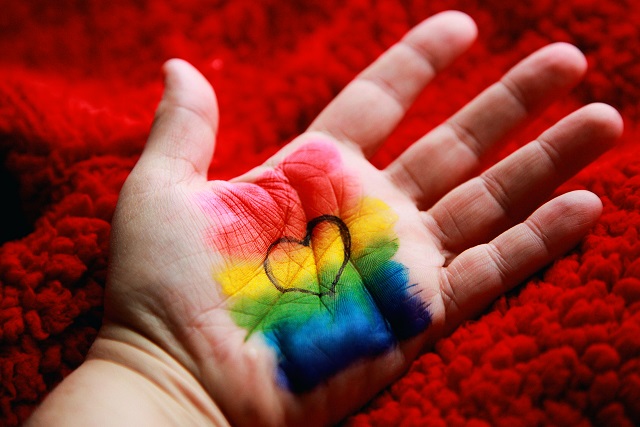Transphobia
By: Michael Toohey, Psy.D. | March 27, 2020

Trans folk in our country are under attack. Multiple states have tried to pass ‘bathroom bills.’ South Dakota even tried to pass a law that would imprison for up to 10 years any medical provider who assisted a minor with transitioning. Last October, Time magazine reported analyzing 10 million social media and online posts over 3.5 years in the U.S. and U.K and found 1.5 million transphobic posts, which highlights the level of cyber-abuse that targets trans folk.
PFLAG.org acts as a valuable resource for understanding and interacting with members of the LGBTQ+ community. The website defines and describes transphobia as follows including suggestions about how to better ally with the group.
“Transphobia is the fear, hatred, disbelief, or mistrust of people who are transgender, thought to be transgender, or whose gender expression doesn’t conform to traditional gender roles. Transphobia can prevent transgender and gender nonconforming people from living full lives free from harm.”
Transphobia can take many different forms, including:
-
- Negative attitudes and beliefs
- Aversion to and prejudice against transgender people
- Irrational fear and misunderstanding
- Disbelief or discounting preferred pronouns or gender identity
- Derogatory language and name-calling
- Bullying, abuse, and even violence
People may hold transphobic beliefs if they were taught them by other people, including parents or families who encourage negative ideas about trans people and who hold strict beliefs about traditional gender roles.
Some people hold transphobic beliefs because they have misinformation or have no information at all about trans identities. They may have no awareness of trans people, trans issues, or personally know anyone who is trans.
The stress of transphobia can cause harm to trans people as:
-
- Depression
- Fear
- Isolation
- Feelings of hopelessness
- Suicide
What can I do to help stop transphobia?
No one has the right to discriminate against another person nor to hurt them emotionally or physically. What you can do to help stop transphobia include the following:
-
- Never use slurs against trans people
- Refrain from personal questions about a trans person’s genitals, surgery, or sex life
- Avoid insults that masquerade as compliments such as “You look just like a real girl!” or “I never would have guessed you were transgender!”
- Don’t believe stereotypes about trans people or make assumptions about them
- Be a vocal supporter of the trans community, regardless of your own gender identity
- Let the trans people in your life know that you’re a friend and ally
- Educate yourself on trans issues
- Respect someone’s decisions about when and where to come out
- If you don’t know a person’s preferred pronouns or name, ask them
Use gender neutral language, such as “they” and “them” or “folks” and “people” instead of “he/she” or “girls and boys.”
-
- Respect trans people’s chosen pronouns and names and use them
- Remember that being trans exists as just one part of a person’s life
- If you feel safe doing so, speak up when other people behave in transphobic ways such such as making transphobic jokes, using slurs, or bullying or harassing someone because of their gender identity
When it comes to language, the following things constitute bullying:
-
- Intentionally calling them the name they no longer use
- Intentionally using the wrong pronouns
I heard a definition of bullying that I like a lot: A bully is someone who denies another person’s reality. This can happen in the workplace, at school, on the playground, and even at home.
Is it a big a deal to call someone by their preferred pronoun? Yes. More than half of transgender male teens who participated in a survey by the American Academy of Pediatrics reported attempting suicide in their lifetime, while 29.9 percent of transgender female teens said they attempted suicide. Among non-binary youth, 41.8 percent of respondents stated that they had attempted suicide at some point in their lives. These are not just numbers. These are people.
If you’ve experienced transphobia, or if you’ve inadvertently engaged in it, please consider discussing this issue with your therapist, or reviewing the PFLAG.org website for more information.
Photo by Sharon McCutcheon on Unsplash



